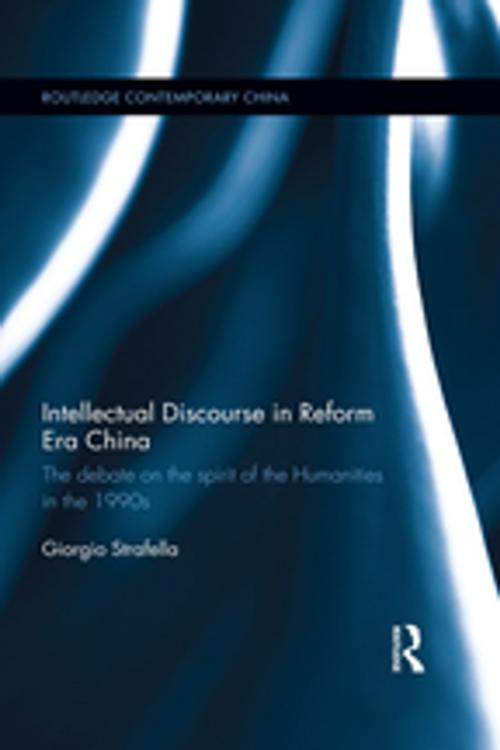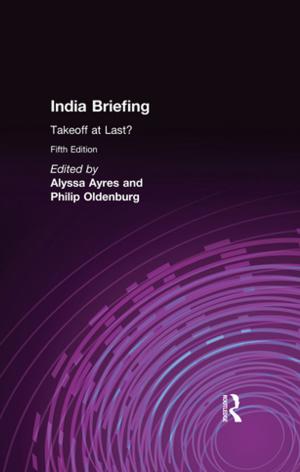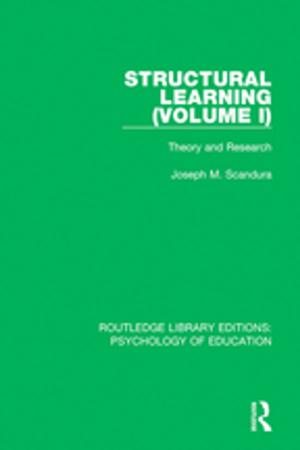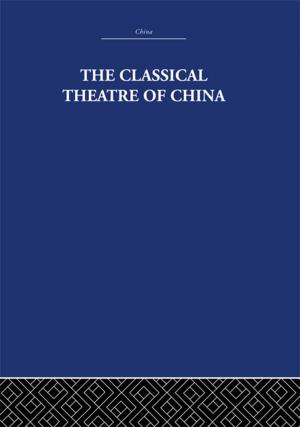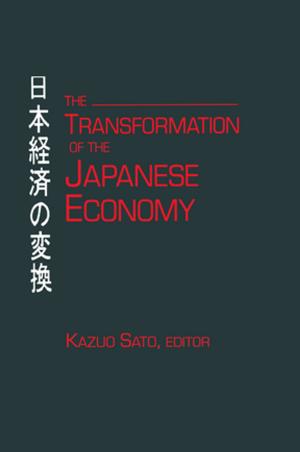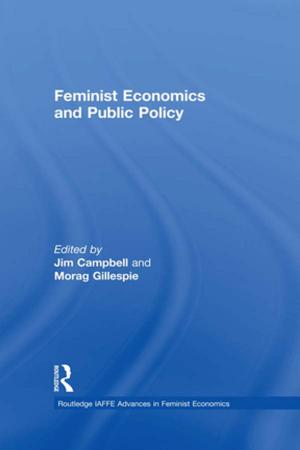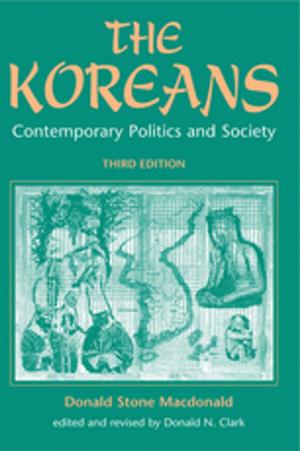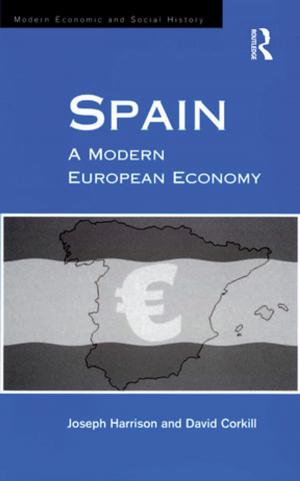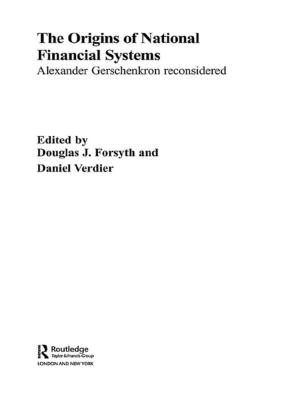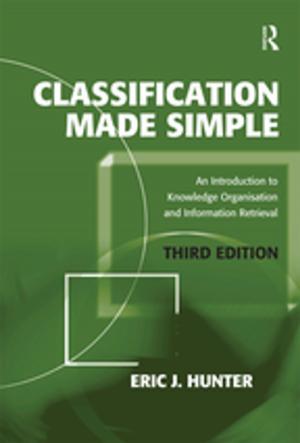Intellectual Discourse in Reform Era China
The Debate on the Spirit of the Humanities in the 1990s
Nonfiction, Social & Cultural Studies, Social Science| Author: | Giorgio Strafella | ISBN: | 9781315523439 |
| Publisher: | Taylor and Francis | Publication: | November 18, 2016 |
| Imprint: | Routledge | Language: | English |
| Author: | Giorgio Strafella |
| ISBN: | 9781315523439 |
| Publisher: | Taylor and Francis |
| Publication: | November 18, 2016 |
| Imprint: | Routledge |
| Language: | English |
This book explores intellectual discourse in reform era China by analysing the so-called “debate on the spirit of the Humanities”, which occurred in the years 1993-95, and which is recognised by scholars as one of the most interesting, influential and important debates of the 1990s. This debate, in which Chinese intellectuals reflected on reform-era mass culture and on their role in society, was the first debate in China after the crackdown of 1989 and the launch of new economic reforms after Deng Xiaoping’s 1992 “southern tour”. The book, drawing on a large corpus of texts and a wide range of individual positions, demonstrates how Chinese intellectuals, having to face the combination of political repression and economic liberalisation, conceptualised and reacted to both. The book reveals the scale and complexity of the debate, the nature of intellectual life in China, the status and relevance of intellectual voices in society, the divisions within the intellectual sphere as well as shared concepts and ideals, and how the key factors of political repression and economic liberalisation which remain central in China today were defined and articulated.
This book explores intellectual discourse in reform era China by analysing the so-called “debate on the spirit of the Humanities”, which occurred in the years 1993-95, and which is recognised by scholars as one of the most interesting, influential and important debates of the 1990s. This debate, in which Chinese intellectuals reflected on reform-era mass culture and on their role in society, was the first debate in China after the crackdown of 1989 and the launch of new economic reforms after Deng Xiaoping’s 1992 “southern tour”. The book, drawing on a large corpus of texts and a wide range of individual positions, demonstrates how Chinese intellectuals, having to face the combination of political repression and economic liberalisation, conceptualised and reacted to both. The book reveals the scale and complexity of the debate, the nature of intellectual life in China, the status and relevance of intellectual voices in society, the divisions within the intellectual sphere as well as shared concepts and ideals, and how the key factors of political repression and economic liberalisation which remain central in China today were defined and articulated.
